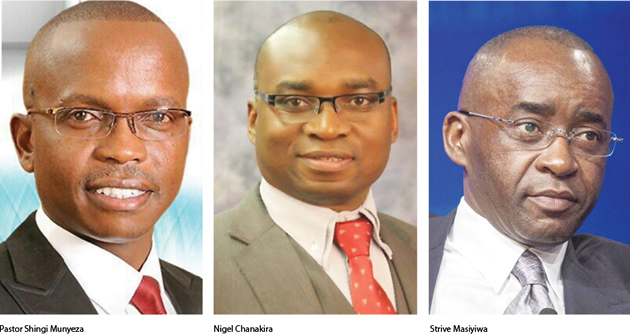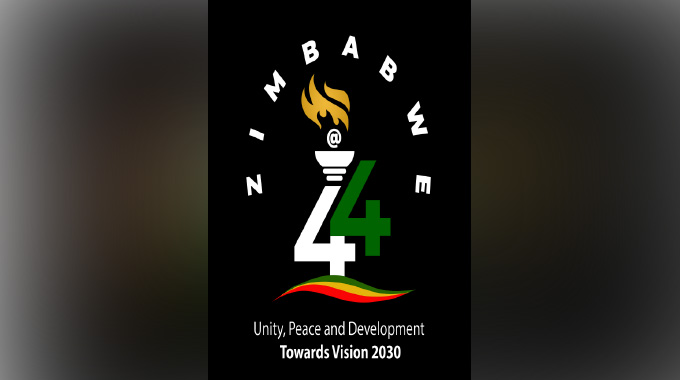Understanding the free will offering

 Rev Sarah Nyathi
Rev Sarah Nyathi
SHOULD a person visit a 21st century Pentecostal service, especially one in Zimbabwe, they will note that there is a special part of the worship that is referred to as the offering or a time of giving. This part of the service is as important as the other ordinances of the service such as praise and worship, prayer, communion and the sermon.
I would like to share a few enlightening facts that will assist Pentecostal believers to give with understanding. Should anybody else who has viewed this practice of giving offerings with suspicion, I trust that they too will be assisted to appreciate and understand what is happening when offerings are being collected. I intend that this discourse clears the misunderstanding and mystery surrounding the Pentecostal offering. The offering has been erroneously perceived as money collected to feather the pastor’s nest, yet free will offerings collected and administered with integrity assist in running a church efficiently and bring favour and blessing to those who give their finances freely.
In that light, I have recently completed studying a book written by Pastor Tafadzwa Makoni entitled The Discipline of Giving. I found it to be well researched and written. It assisted me in gaining a deeper understanding of the different types of giving that all believers, Pentecostal and others should engage in. I will refer with liberality to Pastor Makoni’s biblically based ideas throughout this article.
In order for us to have a full appreciation of the importance of the free will offering we need to understand what it is. We all recall a recent article that appeared in Chronicle of a man who had given as an offering his $300,000 Bentley with a promise of a threefold fold return in three months. Keep this incident in mind as we describe what the free will offering is. This will help us to appreciate whether this gift could indeed be categorized as a free will or any other offering.
How can we from a biblical perspective describe the free will offering? It should be clearly understood from the outset that the free will offering was not the invention of some greedy, conniving, scheming 21st century preacher to fleece a brain washed congregation of their hard earned money.
There is evidence that the free will offering existed in the Old Testament and was a practice that was common place according to Deuteronomy 16:16-18 (three times a year all males were to appear before The Lord at the Feast of Unleavened Bread, the Feast of Weeks and Feast of Booths). As they came before the Lord they were not to appear before him empty handed. They were to bring a free will offering and give as they were able, according to the measure of God’s blessing in their lives.
The giving of free will offerings was further emphasised by the Apostle Paul in the New Testament. 1n 1 Corinthians 16:1 Apostle Paul gives an instruction that offerings should be taken on the first day of the week, the day that early church believers met to worship. He further emphasizes in 2 Corinthians 9:6-7 that when believers give their free will offering these should be given freely, voluntarily, with a joyful heart and the believer should determine the size of the gift to be given. If an offering is given under the stress of manipulation and coercion it does not qualify as a free will offering.
Pastor Makoni defines the free will offering as “any gift of commercial value that is presented to God out of a free will, as an act of worship. The amount of the offering is not predetermined by God, but is established by the giver in accordance to his ability and in proportion to God’s blessing. The offering is given in response to the prompting of the Holy Spirit or as the individual is moved in their human spirit”.
Should one attend a Pentecostal gathering we know that there may be a call for special offerings which are usually over and above the normal free will offerings. People attending these gatherings may be encouraged to extend themselves and give beyond their normal capabilities. These calls are usually accompanied by a promise of extra ordinary blessing and favour from God, should the believer accede to this request. Pastor Makoni describes this as sacrificial giving which is entirely different from the free will offering.
There is ample scriptural evidence of sacrificial giving in the Old Testament. The willingness of Abraham to sacrifice Isaac in Genesis 22, King Solomon’s sacrifice in Gibeon, 1 Kings 3:4 and the widow of Zarephath in 1 Kings 17:9-16 to quote a few examples. There is something interesting that distinguishes the sacrificial offering from the free will offering. The sacrificial offering is usually rare, unique, taxing and costly to the giver. Looking at the three examples cited above they all fit well into this criteria. In the New Testament in 2 Corinthians 8:1-5 we meet the Macedonian believers who gave above and beyond what they could afford. From their deep poverty, they were able to give generously.
Pastor Makoni confirms my understanding of sacrificial giving by stating that “sacrificial giving is giving willingly and voluntarily out of a deep desire to be a blessing. It should never be coerced or forced. Sacrificial giving may include giving beyond one’s means — and hence should not be done lightly or to impress others”. While giving sacrificially is a good practice and opens the door to great blessing, Pastor Makoni calls for caution and wisdom when giving sacrificially. He states that “you cannot give sacrificially every week. It will be both unhealthy and irresponsible, logic demonstrates that if we always give more than we retain we will fail to meet our obligations and responsibilities (necessary for daily living)”.
Offerings are given in response to the commandments in the word of God. We give to God through offerings to demonstrate our love to God, to fund the work of the ministry, to spread the gospel of Jesus Christ and to also sow a seed that will produce a harvest of blessing in our lives.
How should offerings be given? According to scripture, offerings should be given willingly, freely, according to the blessing that God has poured into our lives and joyfully. God promises that with the same measure that we give to Him he will ensure that the same measure is used to pour blessings to us.
Giving really does work. I will quote a few illustrious businessmen and philanthropists of a Pentecostal persuasion, whom I know beyond a shadow of doubt practice the grace of giving. This grace of giving is one of the reasons in addition to hardwork and observance of ethical business practices, that these individuals have prospered and distinguished themselves in the business world. Some worth quoting would be Strive Masiyiwa of Econet, Pastor Shingi Munyeza of African Sun, (locally) Tafadzwa Matsika of Megafest and finally Pastor Tafadzwa Makoni. I could list many more but space does not allow me.
This list however, would not be complete without mentioning Nigel Chanakira. Chanakira has met challenges in his business empire in recent times. However, I contend that Chanakira practices the grace of giving and will bounce back if he has not already. You cannot keep a free will giver down for too long.
As I conclude, I would be the first to admit that the Pentecostal offering has been abused. People have been manipulated and encouraged to give with little or no understanding of what they are doing. In some instances church finances have not been administered with integrity. Yet that does not change the standards and expectations that God has set in His word. My encouragement to Pentecostal leaders and congregants is this . . . congregants must give in with wisdom, knowledge, understanding and in obedience to the commands of God. Conversely, leaders should also ensure that the flock are taught the precepts of the word. Leaders should ensure that finances that come in from offerings and tithes are administered with honesty, ethically and with integrity as we will all give an account of what was entrusted to us.










Comments